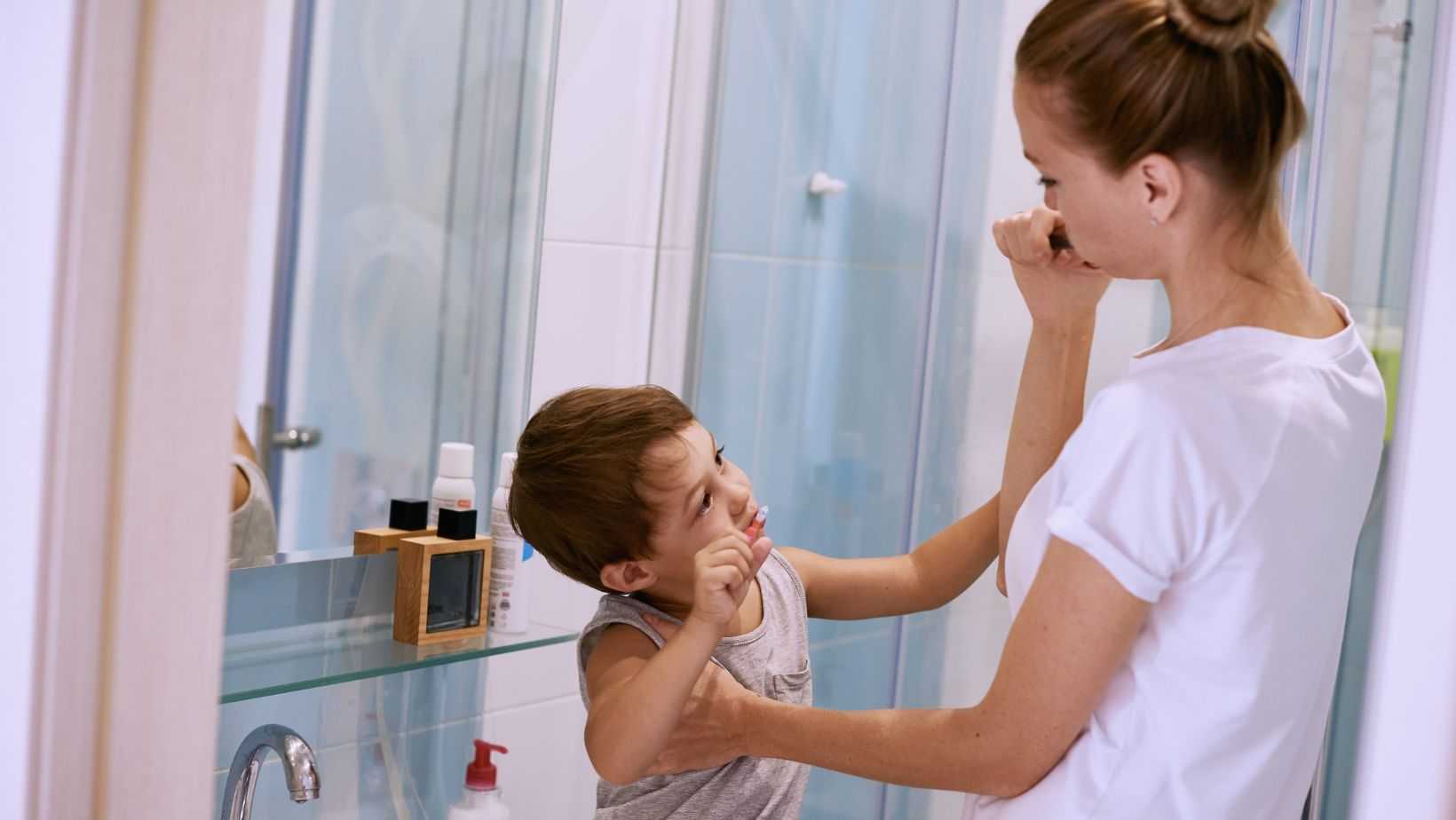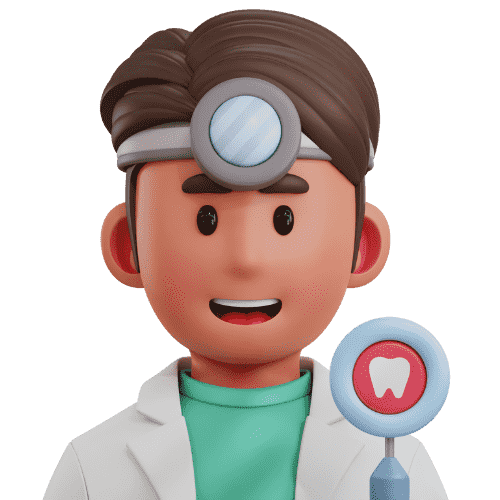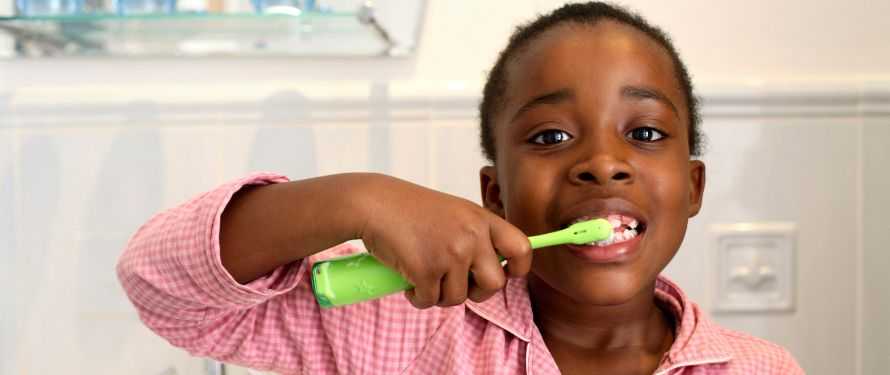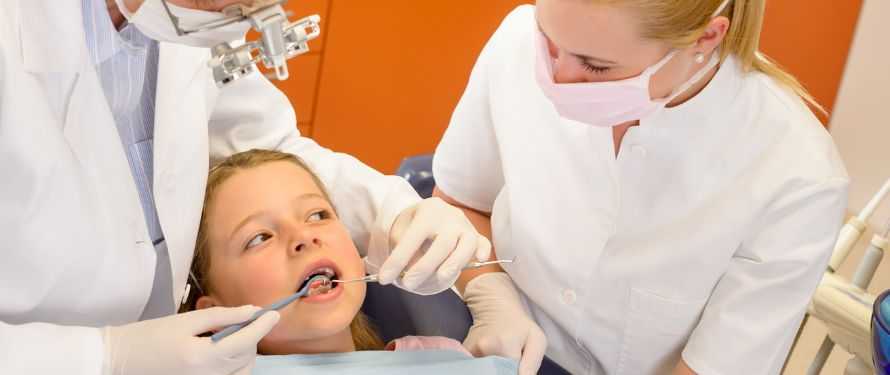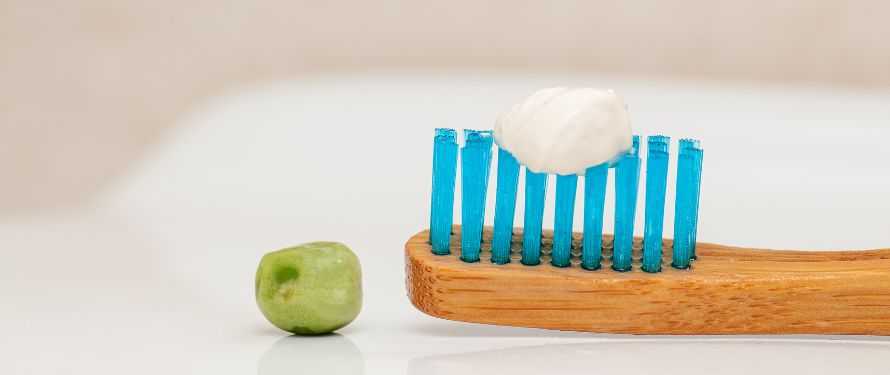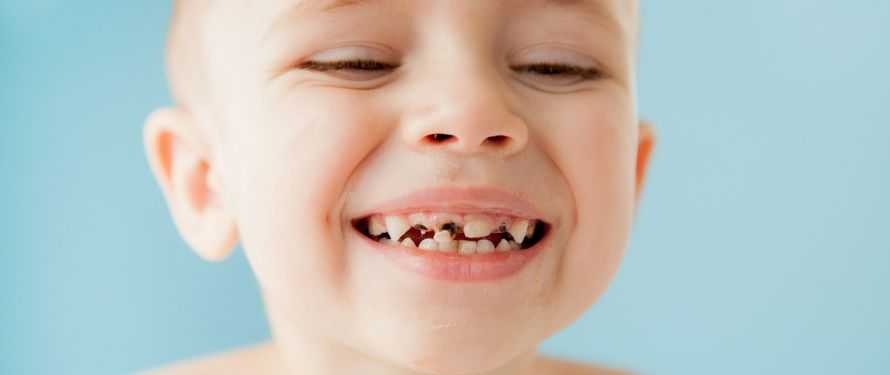Teaching your child to clean their teeth effectively is critical in fostering a lifelong commitment to dental care. It all begins with demonstrating proper brushing and flossing techniques, ensuring they understand the ‘how’ and the ‘why’ behind each movement.
For instance, showing them how to angle the toothbrush towards the gum line to effectively remove dental plaque without harming their gums can make a big difference in their oral health. Moreover, explaining the importance of flossing in reaching those tight spaces between teeth where a toothbrush might not reach can illuminate the comprehensive nature of dental care.
Involving children in selecting their own toothbrush and toothpaste can add an element of excitement and personalization to their dental care routine.
Whether choosing a toothbrush with their favorite character on it or picking out a toothpaste flavor they love, these small decisions can empower them to take a more active role in their oral health. This engagement can turn brushing and flossing from a chore into a fun part of their daily routine, encouraging them to maintain these habits consistently.
Moreover, educating them on the benefits of using fluoride toothpaste to prevent tooth decay and strengthen their teeth can also enhance their understanding of oral health. Discussing the role of fluoride in rebuilding weakened tooth enamel and reversing early signs of tooth decay can give them a deeper appreciation for the products they use daily.
Engaging children in conversations about why maintaining good oral health is essential for their teeth and overall well-being can further inspire them to care for their mouths diligently.
This holistic approach to dental care education, combining practical demonstrations with meaningful involvement and informative discussions, lays a strong foundation for a lifetime of healthy oral health practices.
By investing time and effort into teaching these critical skills and knowledge, you’re not just ensuring your child’s teeth are well-cared for; you’re also instilling in them values of self-care and health consciousness that will benefit them far beyond their dental hygiene.

